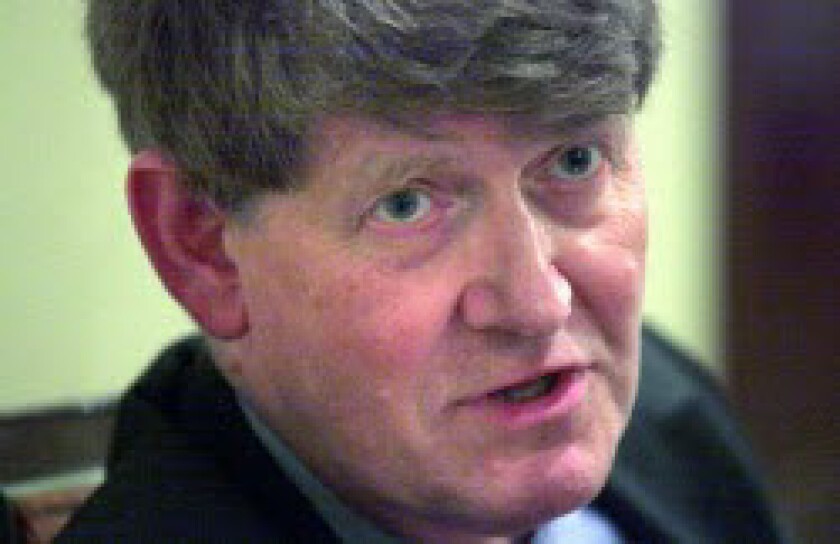Banks in eastern and central Europe must act to deal with their non-performing loan portfolios if lending growth is to resume in the region, a senior IMF official has warned.
Mark Allen, the IMF’s director for central and eastern Europe and the Baltics, told Emerging Markets: “We need to resolve these problems if we want to start lending again.”
Speaking on the fringes of the EBRD meeting in Astana, he said: “There are a range of options that could be tried, including changing the tax treatment of losses on banks, or exploring the possibility of bad banks.”
Businesses across the region complain that the difficulty in obtaining bank credit is placing a block on growth in the region’s still sluggish economies.
Last month, the Vienna-Plus initiative, an EBRD-led group that brings together stakeholders in the region’s banking system, set up a committee to investigate the non-performing loan problem and its impact on lending activity.
“It will be looking primarily at banks in the central and east European region, and not at banks that are active further east,” said Allen. The committee is not due to report until next year, however.
Piroska Nagy, senior adviser to EBRD chief economist Erik Berglof, agreed on the need to push ahead with Vienna Plus. “The reason we need to continue is partly motivated by the fact that we are not yet out of the woods,” she told Emerging Markets.
The EBRD has made it clear that problems remain the banking sector. Thomas Mirow, the bank’s president, told Emerging Markets it was significant that all participants in the original Vienna Initiative in 2009 had decided to “stay together and keep the momentum”.
“[This means] that if bad things would happen, it could be called into action on short notice,” he said.
While the Austrian and Italian banks that dominate the region insist they are maintaining lines of credit to their regional subsidiaries and intend to expand in the region, the overall picture is more nuanced.
There is a clear tendency among regional lenders to target already well-capitalized, large enterprises that are regarded as a good credit risk, while non-performing loan portfolios remain substantial.
“All the banks in Romania are chasing the top 10 or so corporates,” said a senior official at a multilateral lending institution in Bucharest. “They’re offering them ridiculously favourable interest rates at tiny spreads, but for small businesses there’s very little credit available.”
But Aurelio Maccurio, head of strategic planning at Unicredit, which has operations throughout eastern Europe, said the bank’s goal was one of expansion in the region.
“The amount of non-performing loans is increasing but the rate of increase is slowing. The cost of risk is declining, we saw this especially in the first quarter of 2011,” he said.
Gianfranco Bisagni, Unicredit’s head of corporate and investment banking for the central and east European region, said: “We are in growth mode. Second tier names are very interesting to us, clearly we are very careful in terms of the financial analysis but we are keen to build relationships.”
Herbert Stepic, chief executive of Raifeissen Bank International, told Emerging Markets he was “rather positive” on the question of non-performing loans, which he thought would peak in 2011.
Last month, the National Bank of Hungary’s financial stability report revealed that fund flows into foreign banks’ Hungarian subsidiaries had been declining even as flows into neighbouring countries had been stable or rising.
But Maccurio said overall numbers could be misleading in this respect. “We are not reducing funding anywhere if you mean by that that we’re stepping back from a country,” he said. “Funding at any moment depends on specific conditions.”
There are also growing fears that a simultaneous monetary tightening by G7 central banks as the European Central Bank puts up rates and the QE2 initiative in the US comes to an end could trigger a reversal of capital inflows as western investors repatriate funds.
